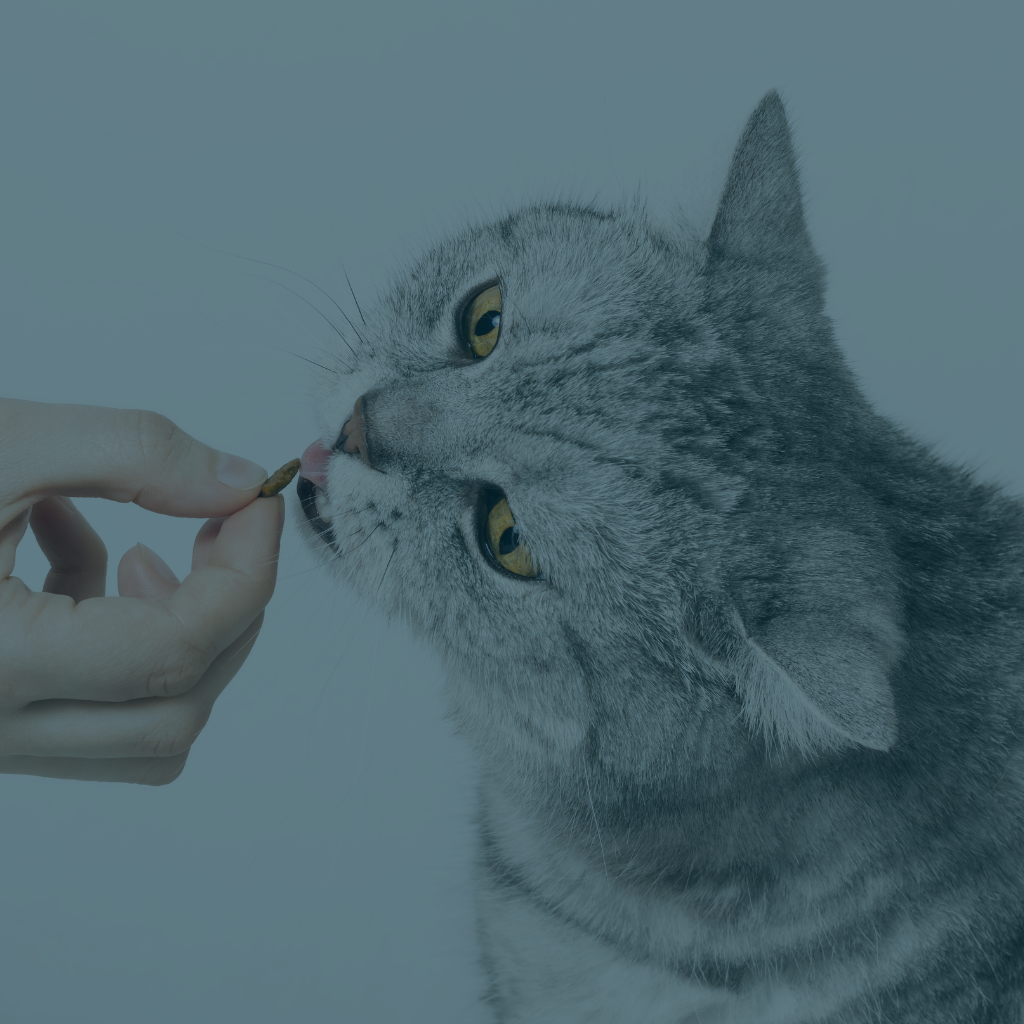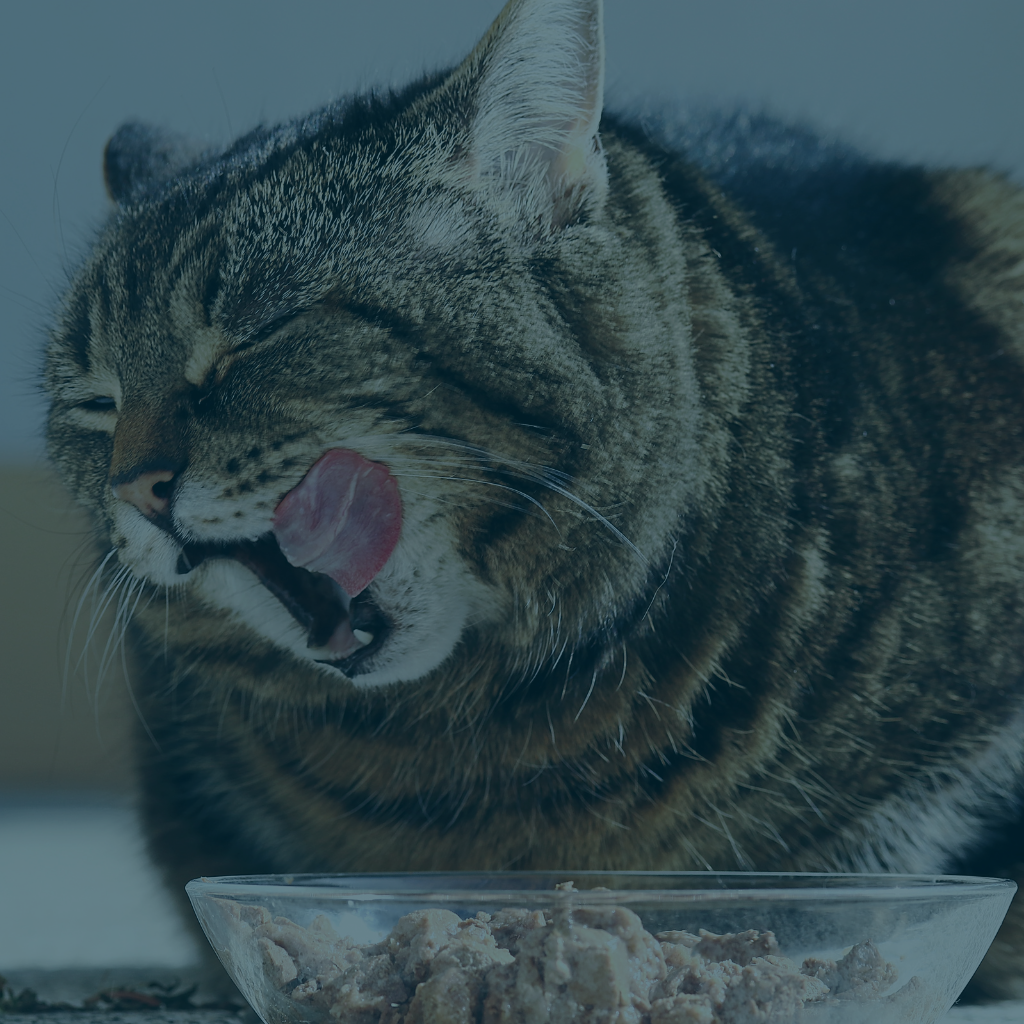Common health problems in cats and administering medication
Common health problems
Whilst a wide range of issues can be seen as with any species, there are several conditions which are considered common health problems in cats.
If your cat is unwell, we will perform all diagnostics and treatments in a considerate and cat-friendly manner, minimising stress for your cat at every stage. We also recognise the importance of keeping caregivers informed at all times. We will involve you in making decisions throughout your cat’s care to find the best way forward for both you and your cat. It’s incredibly stressful when your pet is poorly. Please always feel free to ask us questions about any procedures, medications or costs mentioned.
Below are links to advice sheets on some of the more common health problems in cats, to help you provide the best possible care for your cat following diagnosis.
- Feline arthritis
- Feline chronic kidney disease
- Feline hyperthyroidism
- Feline diabetes (to follow)
- Feline dental disease (to follow)
- Feline obesity (to follow)
- Feline hypertension (to follow)
Administering medication
Many illnesses require caregivers to administer medication to their cat. This can sometimes be a bit daunting! With the right approach, nearly all cats will be amenable to being medicated. It’s all about finding what works best for you and your cat.
It’s important to find the most stress-free method possible, especially when needing to give medication long-term.
- First, check that the medication is OK to be given with food. Some products (such as Thyronorm) are better absorbed when given on an empty stomach
- Try hiding the tablet in a small amount of food, before the main meal – make sure it is completely covered/hidden
- Try different foods your cat may like as a treat e.g. fish/chicken/soft cheese/butter – remember to try this before a meal, when they are most hungry
- If the tablet can be crushed (check the label/ask in clinic) you can crush it and mix it with something tasty or strong-smelling like tinned fish in oil or Lick-e-Lix
- Some treats such as ‘Easypill’ can be moulded around a tablet and cats will often then take these like treats
If the above does not work, you will need to administer the tablet by hand. Check out this link for some handy tips and videos on how to do this: https://icatcare.org/advice/how-togive-your-cat-a-tablet/
If you are still struggling to administer your cat’s medication please talk to us at the surgery as there may well be different options available.




